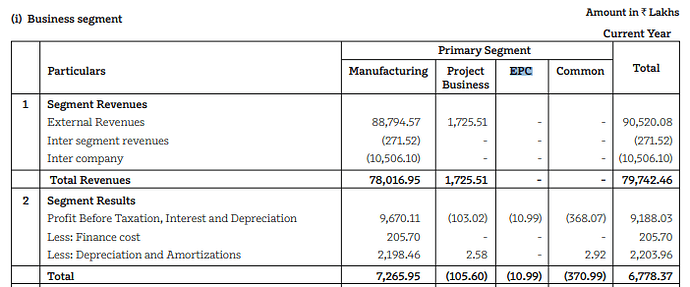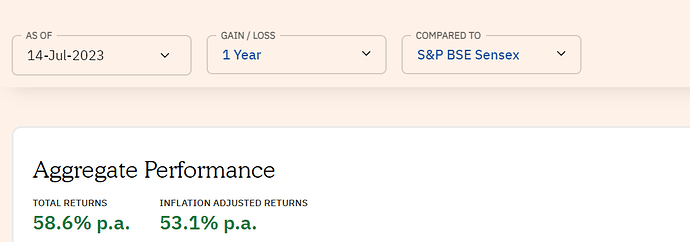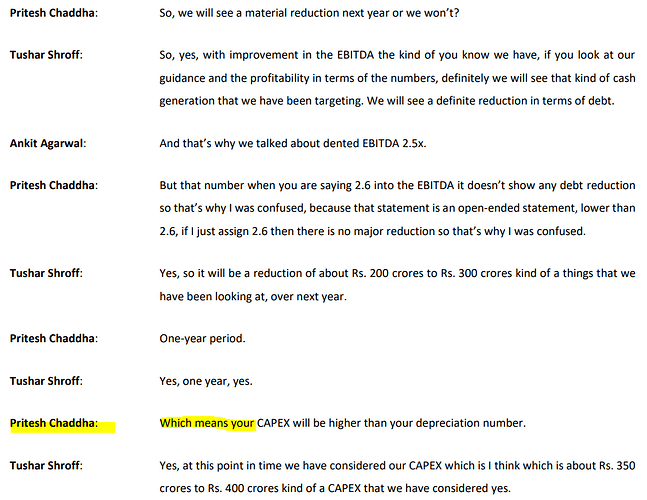I have a very basic query regarding the CAGR returns shown by mutual funds or stock returns shown on screener by different stocks.
Normally an Investor
- Invest at different points of time in mutual funds and shares. May be when he gets a salary or some profits or some bonus at any point of time whenever he gets money.
- He holds such investments for different time periods , depending on his personal reasons and needs,
- He can withdraw partially or fully at different time periods , may be regularly or even irregularly as and when reuired.
now when we see CAGR returns of mutual funds or CAGR returns of stocks on screener , these returns doesnot incorporate such inflows and outflows of funds.
Even XIRR returns of mutual funds may be pertinent to their own purchase and redemption of cashflow of that particular AMC. Their XIRR will also not reflect the XIRR return of individual investors with his own cash inflow and ouflow.
So when an Investor at year end or at particular time period sits and calculate his own XIRR, taking into consideration his own cash inflow and outflow…Then how can he compare his individual XIRR with that of any Fund’s CAGR or XIRR? or how it is comparable to particular stock CAGR?
And if these things are not comparable then how an investor can reach a conclusion whether he is doing better or worse compared to particular funds?
because if such comparison is not practically possible then there is no way to know whether such hardwork of picking stocks and such study is really worthwhile or not from Returns point of view. ( I am not talking of knowledge gained and happiness derived from such research activities).
i am clearly talking from point of view of returns and comparing it with other alternative arrangements to know if we are doing better job than them…so we can keep doing it




